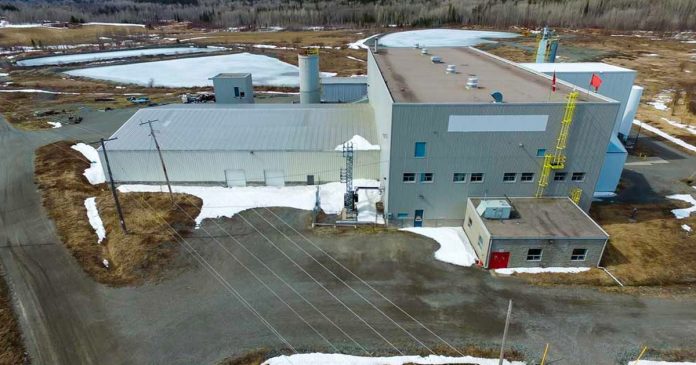The Liberal government allowed a Chinese state-owned company to bid on a Canadian lithium mining operation without launching a formal national security review into the purchase.
As reported by the Globe and Mail, Chinese firm Zijin Mining and Canadian Neo Lithium Corp. have agreed to an acquisition and are close to completing their business deal.
The deal has been in the making since October when Zijin Mining first announced that it was looking at buying the Toronto company for a price tag of $960 million.
In 2021, Canada categorized lithium as a critical mineral. Lithium is predominantly used to manufacture electric vehicle batteries and is a comparatively rare element.
Additionally, in cooperation with US regulators, the two governments struck a deal to acquire battery minerals in order to outcompete China, which plays an outsized role in the rare earth mineral market.
According to Neo Lithium spokesperson Carlos Vicens, the Liberal government only conducted a brief initial security screening before giving the deal a green light.
“The law states they have 45 days after announcement to start a review if they believe there is a specific concern,” Vicens told the Globe and Mail.
“The timeline passed in early December and no review was done.”
This is not the first time that Chinese state companies have sought to break into the nation’s natural resource and mining sector by acquiring Canadian companies.
In December 2020, the federal government rejected a bid by Chinese corporation Shandong Gold Mining Co. to acquire TMAC Resources Inc.’s Nunavut Hope Bay mine for $149 million.
The deal triggered a formal national security review which prevented the acquisition from proceeding.
According to Centre for International Governance Innovation senior fellow Wesley Wark, the latest acquisition attempt by China would likely trigger a formal review.
“I would imagine that this would go to [a formal security review] because it’s an early test case with the new strategy that the government is developing on critical minerals,” Wark told the Globe and Mail.
The Ministry of Innovation, Science and Economic Development Canada did not respond to requests for comment.






















